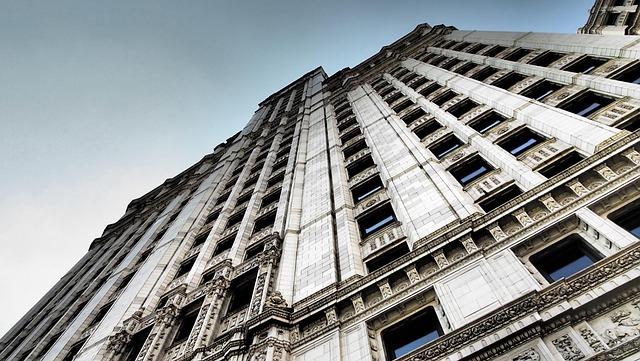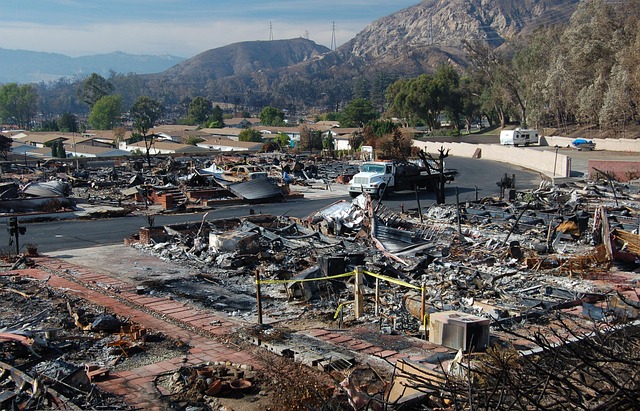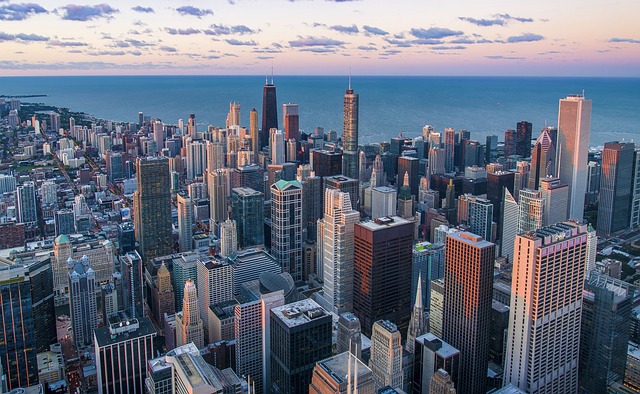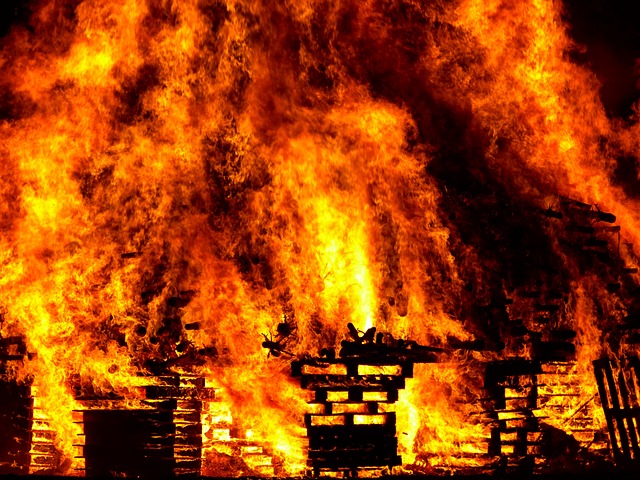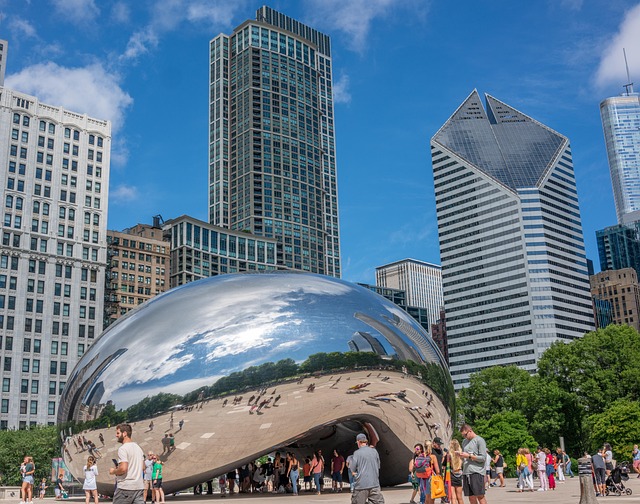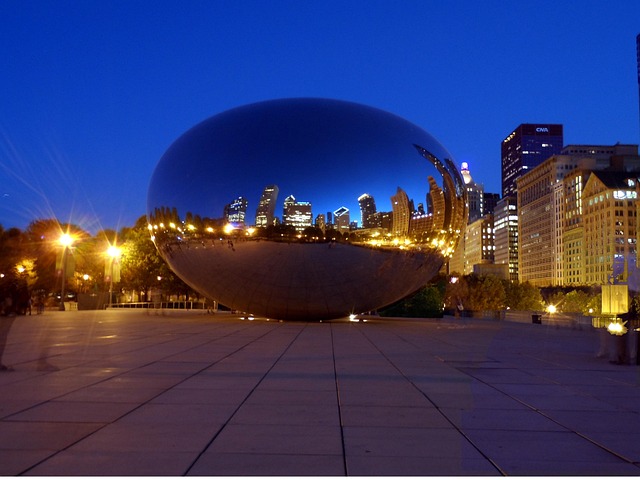The Chicago real estate market offers unique opportunities through fire-damaged properties, driven by rehabilitation programs, strong demand, and urban renewal projects. Investors can secure discounted buildings, renovate them, and resell for significant profits. This strategy revitalizes communities, attracts businesses, and contributes to the city's economic growth while providing affordable housing. Understanding local regulations, market trends, and partnering with contractors is essential for success in this competitive market, making "sell fire damaged property Chicago" a key focus area for investors.
Chicago’s real estate landscape offers a unique blend of opportunities, especially with the growing interest in urban renewal. This article delves into the world of real estate investing in the Windy City, focusing on the strategies and benefits of acquiring fire-damaged properties. We explore how investors play a vital role in revitalizing Chicago’s neighborhoods, analyzing market trends and providing insights into successful flipping techniques. Additionally, we discuss legal considerations and present compelling case studies showcasing the potential of selling fire-damaged property in Chicago.
- Understanding the Chicago Real Estate Market: Trends and Opportunities
- The Role of Investors in Revitalizing Urban Areas
- Benefits of Acquiring Fire-Damaged Properties in Chicago
- Strategies for Successful Property Flipping in the City
- Legal Considerations and Due Diligence for Investors
- Case Studies: Successful Investments in Fire-Damaged Real Estate
Understanding the Chicago Real Estate Market: Trends and Opportunities
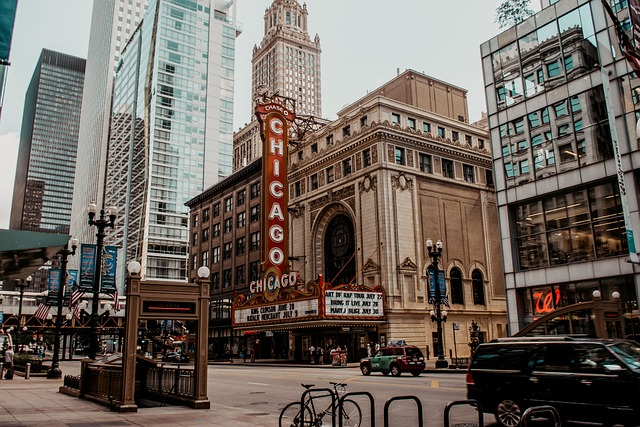
The Chicago real estate market is a dynamic and diverse landscape, offering both established and emerging trends that shape investment opportunities. One notable area of interest is the potential for lucrative sales in the aftermath of fire-damaged properties. Chicago’s robust rehabilitation programs and incentives make it an attractive option for investors looking to restore and resell these properties. The city’s strong housing market demand, coupled with the availability of financial assistance for property owners, presents a unique chance to acquire undervalued real estate.
Trends indicate that there is a growing demand for affordable housing options, pushing up prices for fixer-uppers in certain neighborhoods. Investors who can identify and secure fire-damaged properties at competitive prices stand to make significant profits after renovation. Moreover, the city’s ongoing urban renewal projects further enhance the prospects of turning around distressed properties, transforming them into valuable assets within a few years. This makes Chicago an ideal market for those seeking to capitalize on both short-term flipping opportunities and long-term property investments.
The Role of Investors in Revitalizing Urban Areas
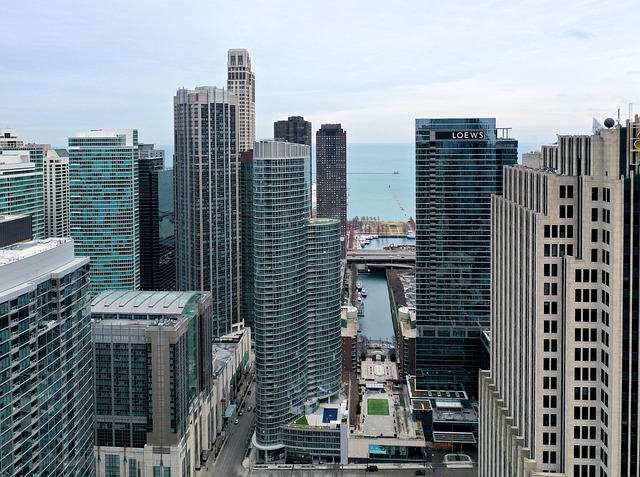
Real estate investors play a pivotal role in revitalizing urban areas, and Chicago is no exception. By recognizing undervalued assets, such as fire-damaged properties, investors have the potential to breathe new life into communities. These properties, often located in strategic locations, can be purchased at discounted rates due to their condition, providing an opportunity for investors to add value through renovation and redevelopment.
Through strategic investments, these individuals not only contribute to the economic growth of the city but also enhance the overall quality of life for residents. By rehabilitating fire-damaged buildings, they create affordable housing options, stimulate local job creation during construction, and promote a vibrant urban environment. This process helps to restore forgotten areas, attract new businesses, and foster community development, ultimately contributing to Chicago’s ongoing transformation.
Benefits of Acquiring Fire-Damaged Properties in Chicago

Acquiring fire-damaged properties in Chicago can offer a unique set of advantages for real estate investors. While these properties may require significant rehabilitation, the potential returns can be substantial. Many areas hit by fires often experience increased demand for housing as they undergo rebuilding and regeneration, leading to higher property values once restored. Investors can capitalize on this by purchasing at a discounted price during or immediately after a fire, then remodeling and reselling for a profit.
Moreover, selling fire-damaged properties in Chicago allows investors to contribute to the city’s revitalization efforts. These properties often have valuable locations within sought-after neighborhoods, and with proper renovation, they can become desirable residences once again. By investing in these areas, developers can help breathe new life into communities, fostering economic growth and community development.
Strategies for Successful Property Flipping in the City
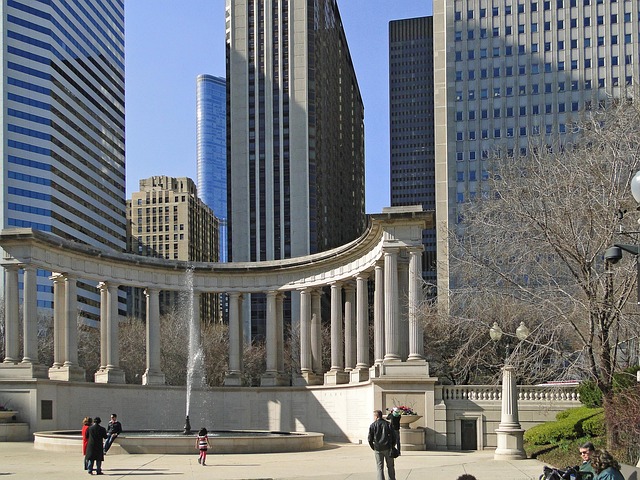
Real estate investors in Chicago often look for unique opportunities, and one such niche is property flipping. The city’s dynamic market presents both challenges and rewards for those who can navigate its complexities. Successful flipping strategies involve identifying undervalued properties, particularly those affected by fires, which can be bought at a discount and then restored to their former glory or even beyond. Investors can target fire-damaged homes in Chicago’s diverse neighborhoods, known for their unique character and potential for renovation.
One effective approach is to partner with local contractors who specialize in restoration work. By leveraging their expertise, investors can ensure that the flipping process is efficient and high-quality. Additionally, understanding market trends and collaborating with real estate agents familiar with the Chicago landscape are key to identifying areas with growing appeal, ensuring that flipped properties sell quickly at a premium price, especially in competitive markets like today’s.
Legal Considerations and Due Diligence for Investors

When investing in real estate, especially in a bustling market like Chicago, legal considerations and due diligence are paramount. Investors must navigate a web of regulations related to zoning, building codes, and environmental standards, among others. For instance, those interested in purchasing and renovating sell fire damaged property Chicago must comply with strict safety guidelines set by the city. This process involves obtaining permits, hiring licensed contractors, and adhering to specific restoration standards to ensure the property meets livable conditions.
Due diligence becomes even more critical in such scenarios. Investors should thoroughly inspect the property, considering potential hidden costs or unforeseen damage that might arise during renovation. Comprehensive documentation of the property’s current state is essential, including assessing any legal claims, liens, or pending lawsuits related to the property. Additionally, understanding local real estate market trends and comparable sales can help investors make informed decisions regarding their investments in Chicago’s diverse neighborhoods.
Case Studies: Successful Investments in Fire-Damaged Real Estate
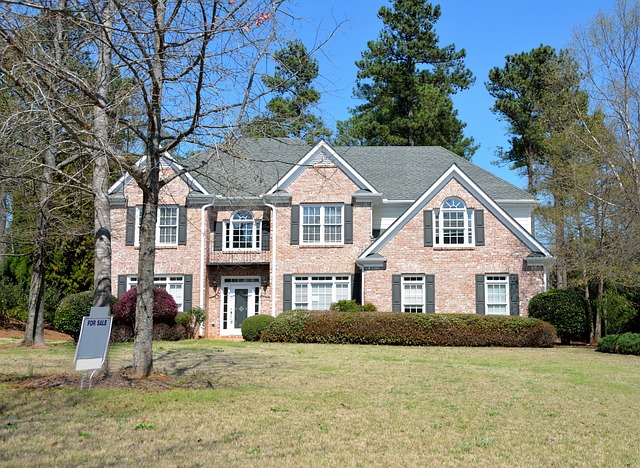
In Chicago, where real estate trends ebb and flow like the city’s renowned lakefront winds, investors have found unique opportunities in fire-damaged properties. These cases offer valuable insights for those looking to buy and resell in the competitive market. For instance, a 2020 study highlights a strategic investment in a northwest side neighborhood heavily impacted by fires. The investor, recognizing the area’s potential, acquired several detached homes at below-market prices due to the aftermath. After careful renovation, these properties were sold fire-damaged but habitable, generating substantial profits and revitalizing the community.
This strategy—acquiring distressed assets, rehabilitating them, and reselling for a higher price—has proven successful in various Chicago neighborhoods. The key lies in identifying areas with low fire damage prevalence but high renovation potential. By working with local contractors and understanding market dynamics, investors can transform these properties into desirable, modern homes. This approach not only profits the investor but also contributes to community renewal, as seen in numerous case studies across the city, encouraging the practice of buying and rehabilitating fire-damaged real estate in Chicago.
Chicago’s real estate market, with its unique blend of urban renewal and historic architecture, presents a lucrative opportunity for investors. By understanding the city’s trends and adopting strategic approaches, such as investing in fire-damaged properties, individuals can contribute to urban revitalization while potentially reaping significant financial gains. This article has explored various aspects, from identifying opportunities to navigating legalities, offering a comprehensive guide for those looking to enter or expand their portfolio in Chicago’s dynamic real estate scene, with a specific focus on the attractive niche of selling fire-damaged property within the city.
